

Game Rant’s Anthony Taormina reviews Call of Juarez: The Cartel
Giddy-up partners because we’re heading out West. But our destination is not the Old West of the first two Call of Juarez games — you know, the Old West that featured cowboys and Indians — this is the “new” West, one that features drug runners and federal agents. Yes, that’s right, Call of Juarez, the game that used to be a unique niche title, has gone the way of a more modern FPS (including support for three-player co-op through the whole campaign) in order to appeal to a broader audience.
Now, that is a noble goal, and it would be understandable if Call of Juarez: The Cartel was any good, but unfortunately it isn’t.
The Cartel makes an attempt to recapture the appeal of the first title but with a number of missteps, things like graphical imperfection and hammy voice acting (that were overlooked in the first two games because of the overall product’s uniqueness), are now glaring flaws that oftentimes make the game look almost unfinished. Where a clever Old West storyline filled with bible-toting gunslingers kept Call of Juarez going, The Cartel’s storyline pulls together worn-out tropes and ties them together with no care at all.
There’s a problem with a drug cartel, and it spreads from Los Angeles to the borders of Mexico, but none it is unimportant – because the way in which the story is conveyed isn’t clever and isn’t worth following. The game does feature one member of the infamous McCall lineage as its protagonist (one of three, if you’re keeping track) and playing as the ancestor brings the game closer its predecessors – but it’s still a stretch.
Nonetheless, each of the protagonists, whether it’s the strong female archetype or the suave Latino, don’t bring players into the story – and they certainly won’t entice gamers to play through the campaign two more times (in order to attain their side of the story). The previous Call of Juarez let the story unfold from several perspectives, making the player the only person with access to the bigger picture.
The Cartel, on the other hand, only lets the player see one particular character’s side of the story – and even carry out side objectives, known as secret agendas, without getting caught by storyline teammates. A unique trick for sure, and one that might have extended the replayability of the title – but since plodding through the storyline once is bad enough, there’s little desire to know more. Players shoot bad guys, not with any rhyme or reason, but because they are shooting back at you.
You’d think a title that tries to capture the gun-slinging feel of the Old West would have solid combat, but it doesn’t. It’s hard to see enemies because of the extremely drab and formulaic look of environments, and there is absolutely no sense of weight added to any of the game’s weapons — even though there are a number of them.
Sure, the concentration mode (read: Dead Eye) in The Cartel breaks-up the pace and will make gamers feel super-powered, but what you start with at the beginning will get you through to the end no problem (despite a leveling mechanic that adds stronger guns). Challenge is only created by greater numbers of enemies (with better aim) – and sometimes happens by accident because the differentiation between enemy and environment is hard to glean.
It’s almost like Call of Juarez: The Cartel was initially a different game (read: sub-par bargain bin title) that had the Call of Juarez moniker slapped on it to move a few extra copies. There are moments when it’s clear Techland had the property firmly in mind during development, like going through one iconic location from the first two games, but the majority of the product is severely formulaic.
Then there’s co-op. Like any town in the real Old West, looks can be deceiving when it comes to this promising proposition. Getting to experience the game’s storyline from three distinct perspectives (only through online play) seems like a fun dynamic but, like the single player, it suffers from all of the game’s prior shortcomings. Those secret agendas, the one potentially shining light in the game, are so easy to memorize (not to mention spot your teammates moving towards) that they add nothing to the experience. It’s an agonizing slog to make your way through the single player, and co-op just adds two other people with which to suffer alongside.
The Cartel multiplayer isn’t any different. There are a couple of modes that riff on a “cops versus robbers” experience, but the execution is sloppy and even the most promising modes are in dire need of gameplay balancing. Most matches were either dull and derivative or filled with players who refused to play as anything but the cops (whose weapon selection is vastly superior). It’s multiplayer for multiplayer’s sake, and nothing more.
Needless to say, The Cartel is a disappointment, not just because it paints the city of Juarez in a bad light, but because it takes a property many gamers enjoyed and sucks the life out of it. Where some series, when trying for the reboot, craft a seamless blend of the old with the new, The Cartel insults the old with the new. It does carry some of the signature stamps of its predecessor, but in creating a new setting and storyline, it muddies up the appeal.
Call of Juarez was a heavily genre-influenced title that had some spotty mechanics, dated graphics, but a really compelling storyline — the epitome of a cult hit. Unfortunately, it’s that cult status that gave us The Cartel, and all of its shortcomings. Try the first two games out, see how they feel, and if you enjoy them great. But when it comes to The Cartel, you’ll be better off avoiding this ghost town of fun.
Have you had a chance to check out Call of Juarez: The Cartel and want to share your thoughts? Feel free in the comments below.
Call of Juarez: The Cartel is out now for the Xbox 360 and PS3 with a PC release set for September 13, 2011.

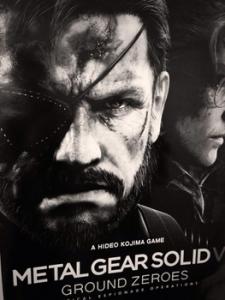

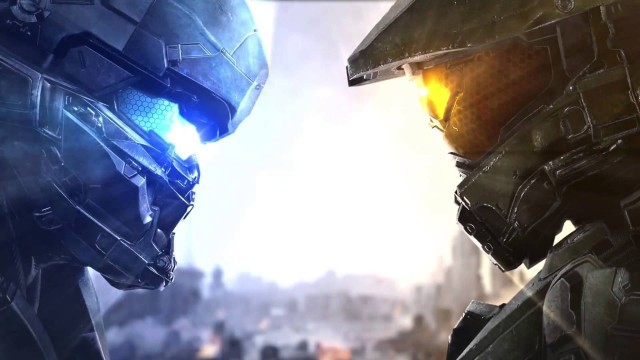
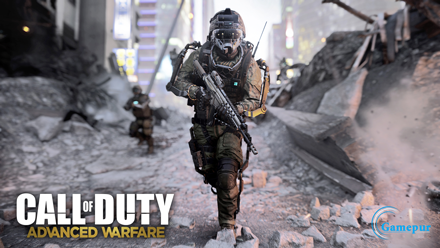 How to get Call of Duty Advanced Warfare Threat Detected Achievement, Trophy for PC, PlayStation and Xbox
How to get Call of Duty Advanced Warfare Threat Detected Achievement, Trophy for PC, PlayStation and Xbox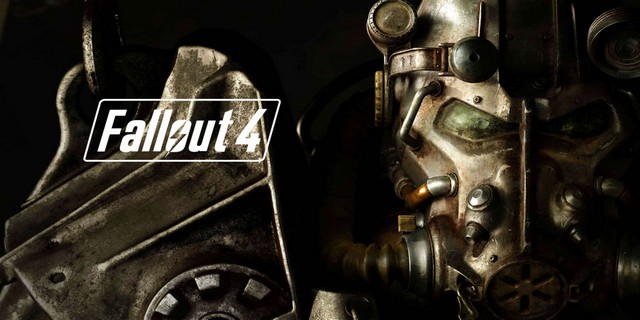 Where are all Legendary Weapons and Armor in Fallout 4 and What are their effects
Where are all Legendary Weapons and Armor in Fallout 4 and What are their effects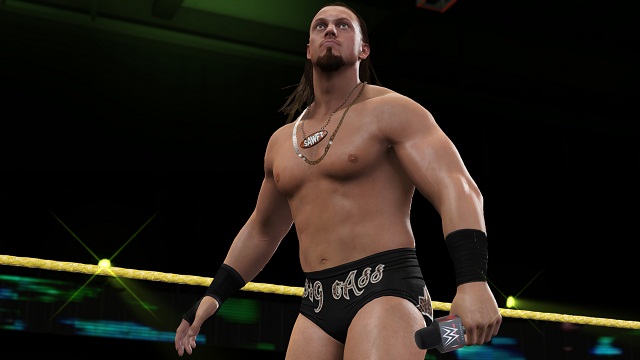 WWE 2K16: attacks and moves control guide
WWE 2K16: attacks and moves control guide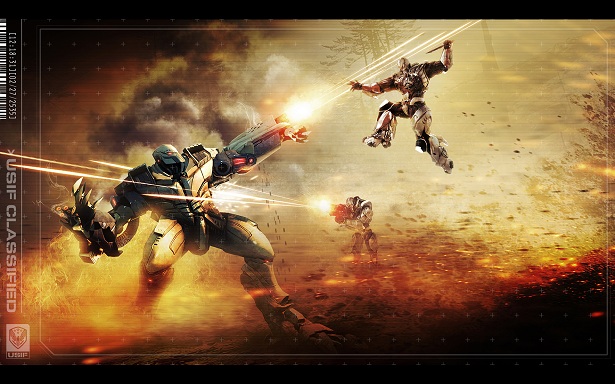 Section 8: Prejudice Guide
Section 8: Prejudice Guide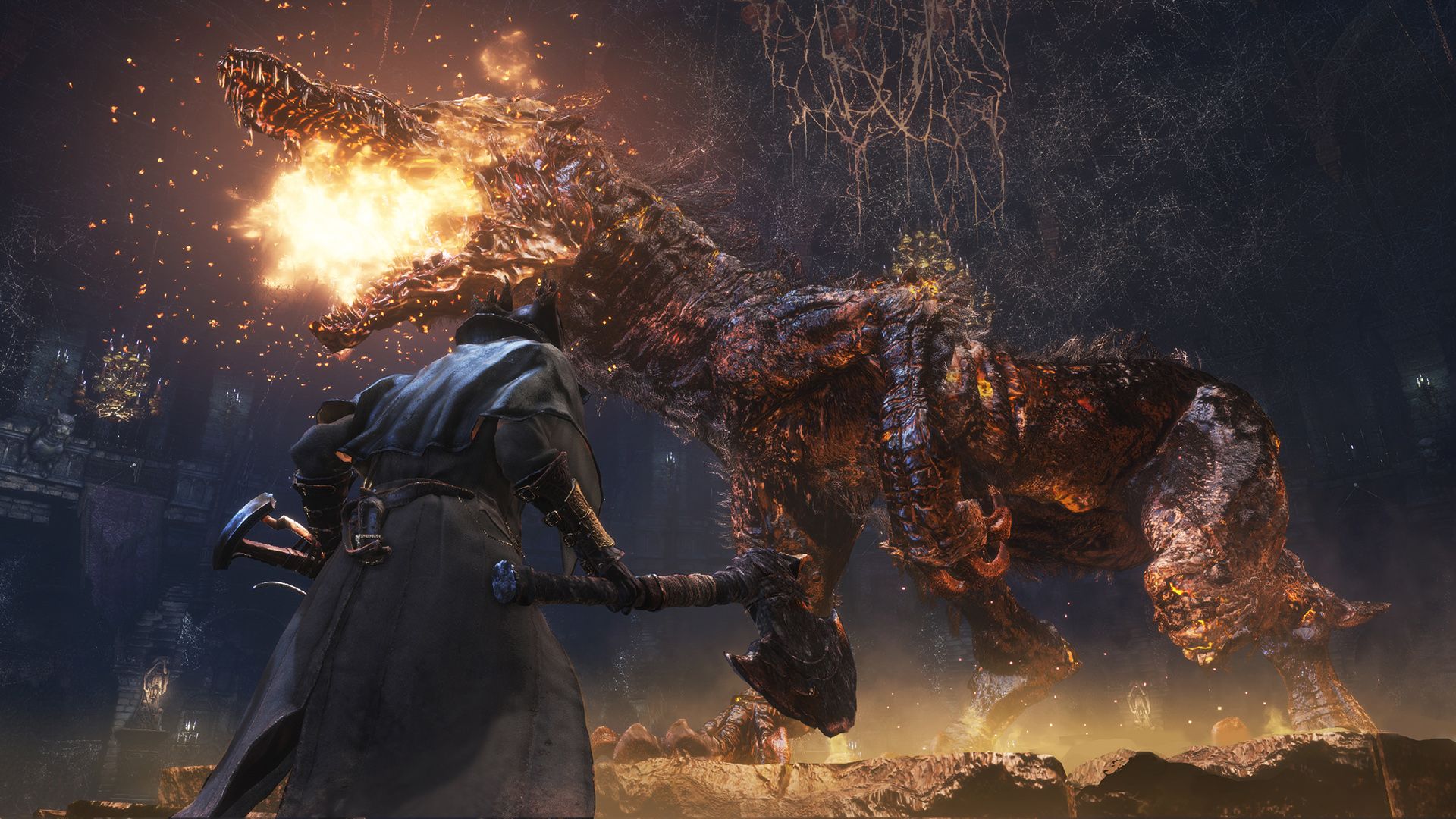 Welcome to Bloodborne: Heres what I wish Id known from the start
Welcome to Bloodborne: Heres what I wish Id known from the start